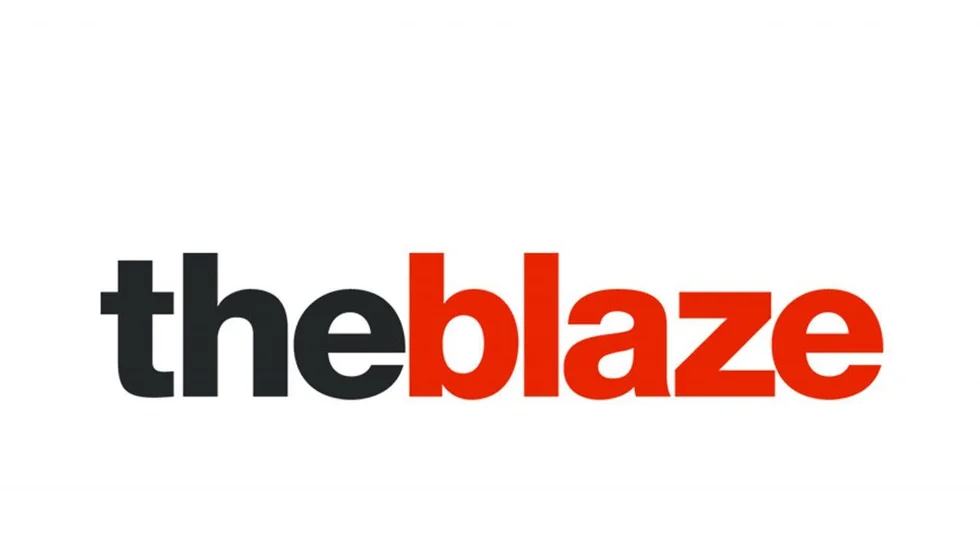
Image source: TheBlaze

The Guardian reported on Monday that officials at a U.S. Department of Agriculture office have been told not to use the term "climate change" any longer, substituting "weather extremes" for the hot-button phrase instead.
In emails obtained by The Guardian, USDA officials reportedly told employees that it's time to change the conversation about climate change.
In addition to "climate change" morphing into "weather extremes," "climate change adaption" would be considered "resilience to weather."
According to The Guardian's report, Bianca Moebius-Clune — the Natural Resource Conservation's director of soil health — said the modeling of rising temperatures won't change, simply the wording.
“We won’t change the modeling, just how we talk about it,” Moebius-Clune said in a staff email obtained by the publication.
According to The Guardian, an official within the USDA claimed that the new direction was set to be more palatable to the Trump administration and within the administration's agricultural interests.
Jimmy Bramblett, NRCS's deputy chief for programs, wrote to the staff and said, "It has become clear one of the previous administration’s priorities is not consistent with that of the incoming administration. Namely, that priority is climate change."
President Donald Trump in July tapped Sam Clovis to be the USDA's chief scientist. Clovis, a radio host and Air Force veteran, has been openly — and "extremely" — skeptical of the science behind the climate change theory.
Trump himself showed what he thought of climate change when he announced in June that the United States would be withdrawing from the Paris accord climate agreement.
The Paris accord was opened for signature on Earth Day 2016, and to date, representatives of 195 countries worldwide have signed the accord.
The agreement went into effect in November 2016 and addresses and analyzes greenhouse gas emissions and is set to “combat climate change and adapt to its effects.”